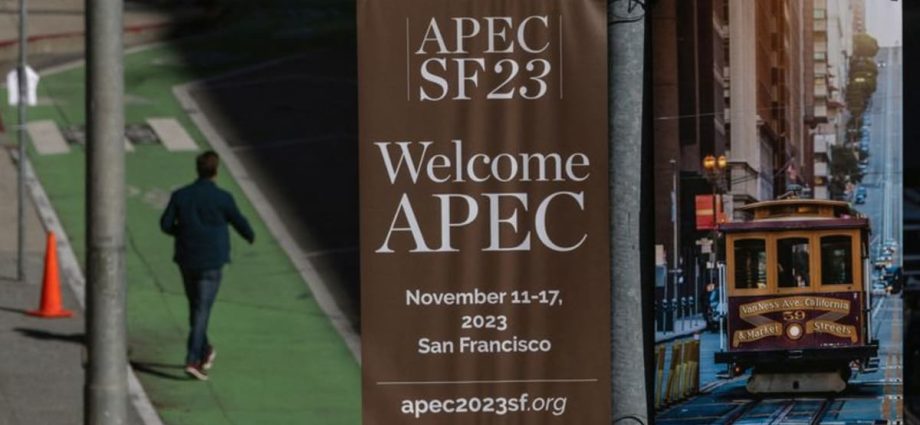
Only one of the four IPEF “pillars”, on strengthening supply chains, has a completed text, with deals reached in May on an early warning system for potential supply disruptions like those seen after the pandemic, as well as a council to consult on supply chain issues such as those involving national security or critical economic sectors.
People familiar with the talks say that two other pillars led by the Commerce Department are likely to reach substantial conclusion in the next week with announcements on boosting cooperation on de-carbonisation efforts and to combat corruption and tax evasion.
DIGITAL SHIFT
The trade pillar has proven more difficult, with many countries not willing to meet US demands to meet certain labor and environmental standards or needing more time to consider them, three people familiar with the talks said.
Negotiations on digital trade standards – once seen as a marquee feature of the IPEF trade pillar – are largely frozen as the Biden administration has suspended discussions on key rules after reversing longstanding US positions on e-commerce.
The US Trade Representative’s office last month dropped its insistence on rules to protect free cross-border data flows and to prohibit national requirements for data localisation and reviews of software source code, arguing that the change was needed to give Congress room to enact stronger regulations on large technology firms. The move has pleased liberal democrats who want to rein in Big Tech but angered many business groups.
“It’s tough. By adopting these fringe views on digital trade, USTR really brings the main substance on digital trade to a halt,” said John Murphy, senior vice president for international policy for the US Chamber of Commerce.
But the Biden administration remains determined to announce some agreements on the trade pillar, with the most likely deals seen in the area of trade facilitation measures, such adoption of digital customs forms and electronic signature standards.
One of the sources familiar with the talks said that early enthusiasm on the IPEF trade pillar – which excludes India – has given way to frustration over the difficulty and complexity of issues involved.
“Trade negotiations take a long time, even when you’re offering market access,” said Cutler, who was USTR’s lead negotiator on TPP a decade ago. “But when you’re not offering market access, the onus is more on the demander – in this case, the United States – to show these other countries that there are benefits.”

